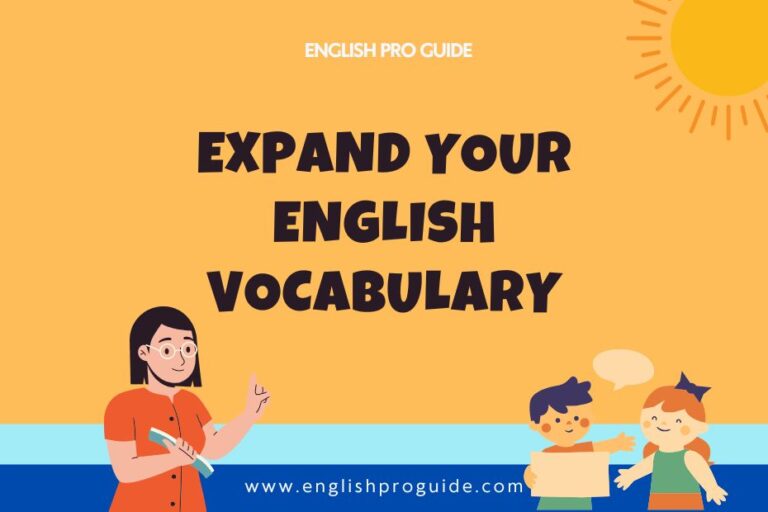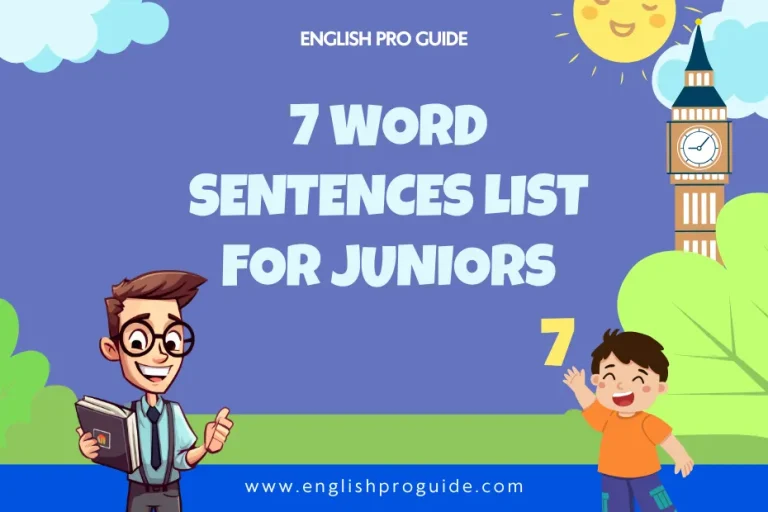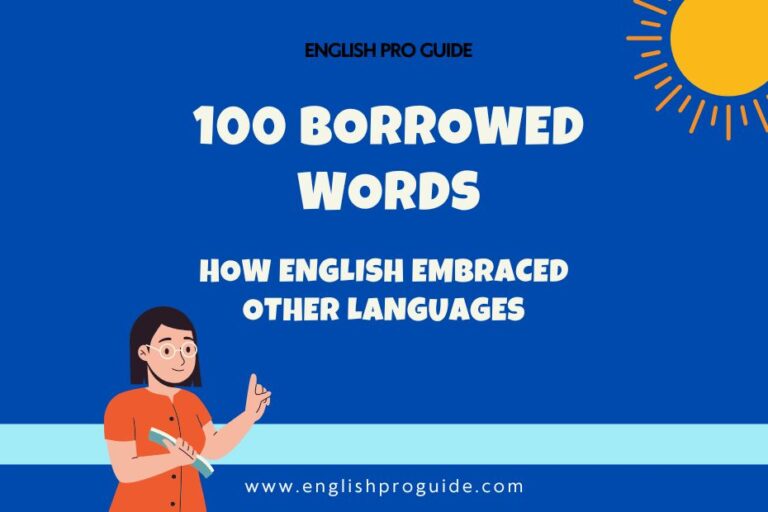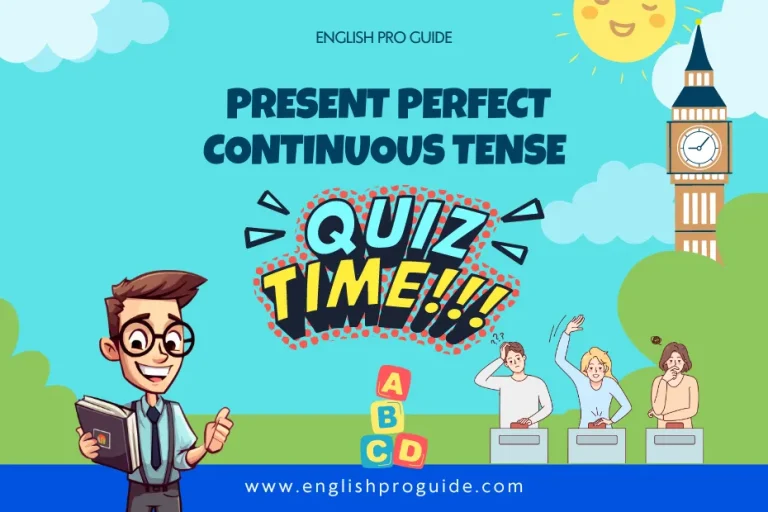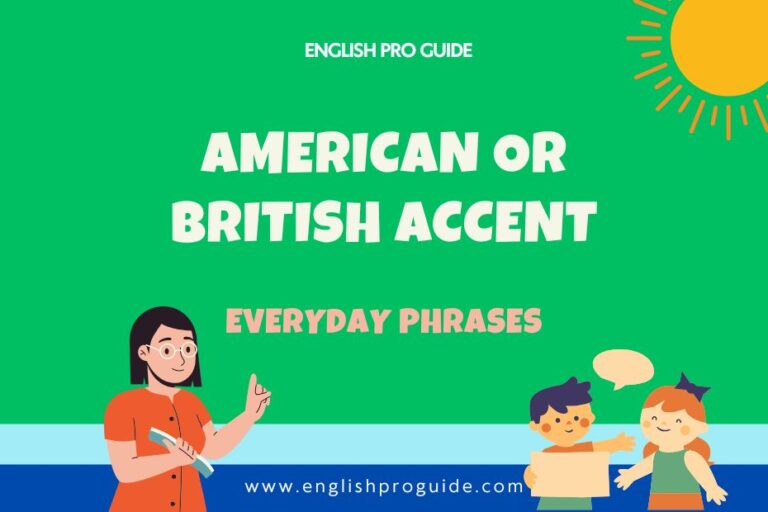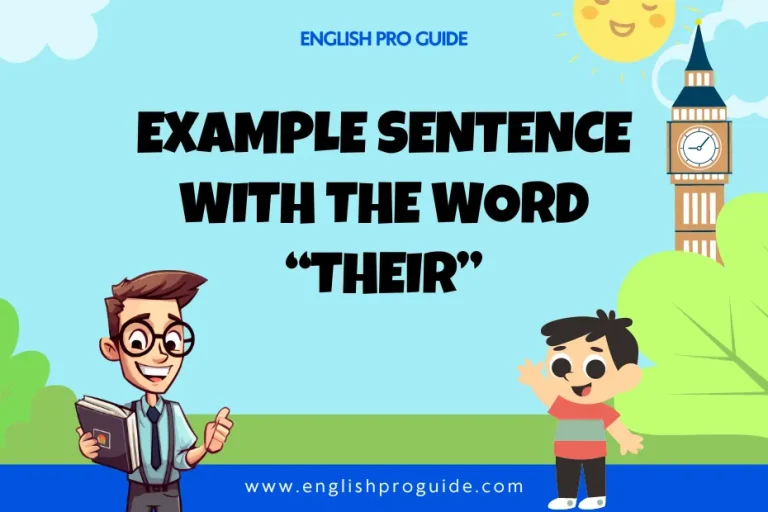Synonyms & Antonyms: Your Key to Effective Writing
Have you ever found yourself at a loss for words or struggling to keep your writing or speech fresh and engaging?
Whether you’re recounting a mesmerizing birdwatching experience or writing a thoughtful essay, there’s one powerful tool that can elevate your language skills instantly—synonyms and antonyms.
These magical word pairs not only make communication more vivid but also add depth to the way we express ourselves.
Welcome to “The Ultimate Guide to Synonyms and Antonyms for Writing and Conversation,” where we’ll explore how mastering these linguistic tools can transform your writing, storytelling, and everyday conversations.
Introduction to Synonyms and Antonyms
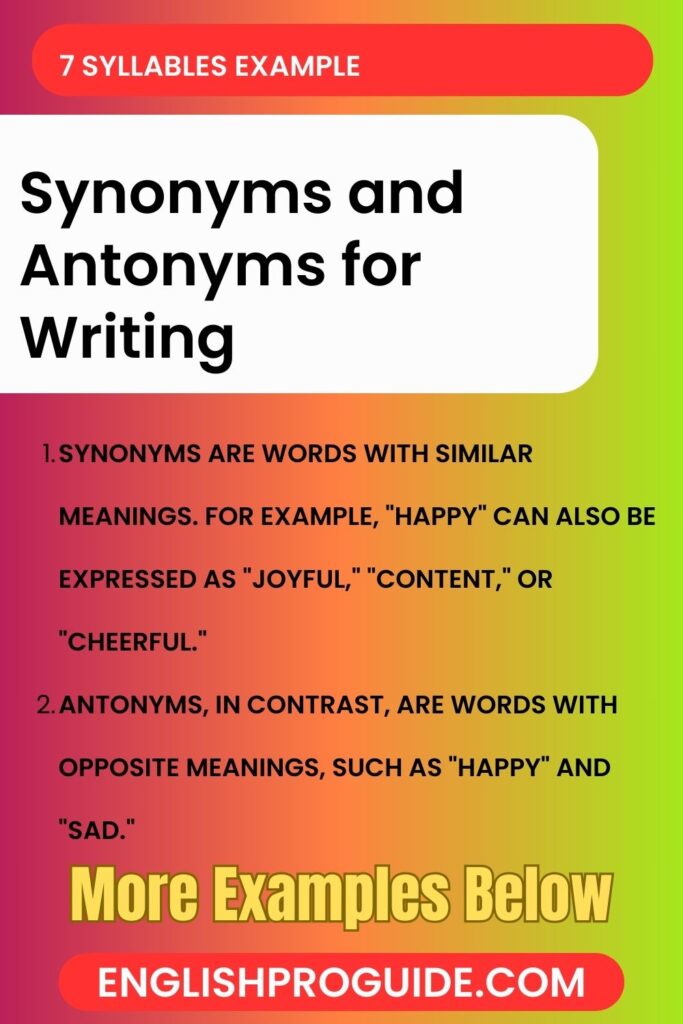
What if you could say exactly what you mean in a way that captivates your audience and keeps things lively? That’s precisely where synonyms and antonyms come into play. They transform ordinary sentences into dynamic ones and elevate your storytelling in a way that grabs attention.
But first, what exactly are synonyms and antonyms?
- Synonyms are words with similar meanings. For example, “happy” can also be expressed as “joyful,” “content,” or “cheerful.”
- Antonyms, in contrast, are words with opposite meanings, such as “happy” and “sad.”
Why They Matter in Communication
Ever feel like you’re using the same word over and over, making your speech or writing sound flat? Imagine describing your birdwatching adventures like this: “The parrot was beautiful.
The flowers were beautiful. The view was beautiful.” A little bland, right? Now, shake things up with synonyms and antonyms!
Try saying, “The parrot was stunning, the flowers were vivid, and the view was anything but dreary.” Suddenly, your description brims with life and color. That’s the magic these word tools can achieve.
Exploring Synonyms
If you’ve ever wished your words could flow more effortlessly or paint a clearer picture, synonyms are your ticket there. They help avoid repetition while lending sophistication to your writing, like choosing a broader palette for a painting.
What Are Synonyms?
At their core, synonyms are words or phrases that mean the same (or nearly the same) as another word. For example, instead of saying “big” repeatedly, you can choose alternatives like “large,” “spacious,” or “colossal.”
But not all synonyms are created equal. It’s important to know their types to use them effectively.
Types of Synonyms
| Type | Definition | Examples |
|---|---|---|
| Perfect Synonyms | Interchangeable in all contexts | Big–Large, End–Finish |
| Near Synonyms | Related but differ in intensity or tone | Angry–Furious, Happy–Content |
| Contextual Synonyms | Words linked by specific usage | Bright (intelligent/weather) |
Using Synonyms Effectively
While synonyms can elevate your writing, they need to be used thoughtfully. Here are some quick tips for getting them right:
- Don’t overdo it—one meaningful word often works better than three fancy ones.
- Watch for subtle differences in meaning. For example, “cheap” and “affordable” both suggest low cost, but only one feels like a compliment!
- Make sure your synonym fits the tone. Would “majestic” work for a sparrow, or is it better reserved for an eagle?
Common Synonym Mistakes
One common misstep is blindly picking sophisticated words without checking their context. For instance, “beautiful” can be replaced with “pulchritudinous”—but unless you’re writing a comedy or mimicking Shakespeare, that’s unlikely to make much sense!
Even worse is using words with unintended connotations. A sentence like “The affordable shoes were very cheap” might accidentally create a negative tone.
Practical Applications
- Creative Writing: Spice up your stories with synonyms for tone and mood shifts. For instance, swap “walked” for “strolled,” “marched,” or “ambled” depending on context.
- Academic Writing: Build professionalism with synonyms like “analyze” instead of “look at” or “evaluate” instead of “check.”
- Everyday Conversations: Instead of saying, “The bird was cool,” try “mesmerizing” or “captivating” to add excitement.
Read More: Exploring the Logic of English eLearning
Understanding Antonyms
Think of antonyms as the contrast to the world of synonyms. While synonyms extend your palette of words, antonyms bring clarity and precision by highlighting opposites. They’re essential tools for storytelling, academic writing, and even debates.
What Are Antonyms?
Simply put, antonyms are words with opposite meanings. By setting contrasts, they sharpen your language and emphasize differences.
Imagine saying, “The forest was silent before the owl’s cry shattered the stillness.” The contrast between “silent” and “shattered” creates drama and emotion, making your description more engaging.
Types of Antonyms
| Antonym Type | Definition | Examples |
|---|---|---|
| Graded Antonyms | Words with a range of degrees in meaning | Hot–Cold, Big–Small |
| Relational Antonyms | Words that exist as logical pairs | Parent–Child, Buy–Sell |
| Complementary Antonyms | Binary opposites with no middle ground | Dead–Alive, Open–Closed |
Why Antonyms Matter
Antonyms aren’t just for variety—they give words their context and contrast, making them ideal for painting verbal pictures or emphasizing key points. They’re especially powerful when crafting arguments or building suspense in narratives.
For example:
- “Good birdwatching requires patience, while bad habits display restlessness.”
- “The meadow was anything but gloomy; it was radiant with life.”
Practical Applications
- Academic Writing: Analyze contrast between environments, such as “dense” versus “open” canopies in bird habitats.
- Creative Writing: Use antonyms to reflect a character’s growth, like moving from “fear” to “courage.”
- Everyday Conversations: Antonyms like “quiet” versus “noisy” help you describe your surroundings more vividly.
Read More: Sentences with L Blends: A Guide for English Learners
Wrapping It Up
Synonyms and antonyms open up endless possibilities for crafting expressive, clear, and engaging content.
They help prevent monotony and transform the way you connect with others through words. Whether you’re describing the flight of a sparrow or explaining a challenging situation, these tools give your language wings.
Do you want to level up your communication skills and never struggle for the right word again? Start practicing today—you might be surprised at how much impact a simple choice can make!

